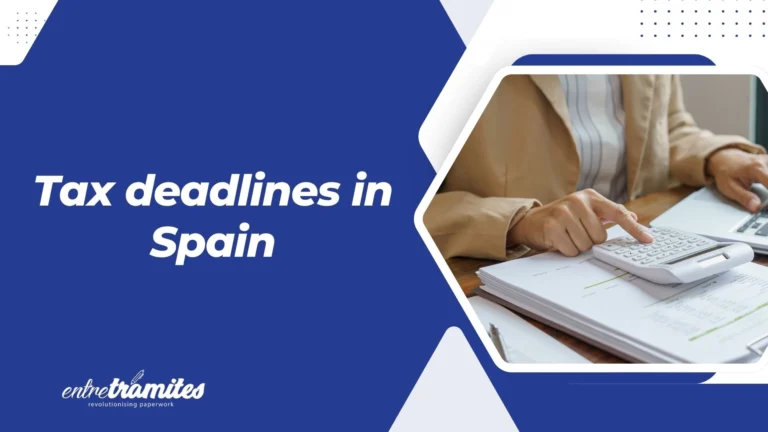Making a donation is an altruistic gesture, but it can also be a significant financial advantage. The donation tax deduction for NGOs and non-profit organisations allows individuals and companies to reduce their tax bill, provided they meet specific legal requirements outlined in Spanish Law 49/2002.
What Is the Donation Tax Deduction?
The donation tax deduction is a fiscal incentive designed to encourage charitable giving. It allows you to deduct a portion of the donated amount from your Personal Income Tax (IRPF) or Corporate Tax, promoting solidarity with social, cultural, or environmental causes.
For example: If you donate €150 to a foundation that is part of the patronage regime, you can deduct 80% of it, or €120. Your actual cost is only €30, but your social impact is the full €150.
Which Entities Are Eligible for These Deductions?
Only entities covered by Law 49/2002 can provide a valid donation tax deduction. These include:
- Foundations and associations declared to be of public utility.
- Officially registered NGOs.
- Recognised public and private universities.
- Religious entities covered by the patronage law.
It is highly recommended to check the updated list on the Tax Agency’s website to verify that the entity is correctly included.
How Much Can You Deduct for Your Donations?
For the 2024 tax year and beyond, these percentages apply to IRPF:
- The first €250 donated: 80% deduction.
- The amount over €250:
- 40% if it’s a non-recurring donation or the first year you’ve donated.
- 45% if you have donated to the same entity for at least three consecutive years, with equal or greater amounts than the previous year.
For companies, the general deduction is 40%, or 50% if the collaboration has been continuous for at least three years.
Legal Limits
- For individuals (IRPF): You cannot deduct more than 10% of your taxable income.
- For companies (Corporate Tax): The limit is 10% of the taxable base, with the possibility of carrying over the excess for the next 10 years.
How to Justify a Donation to the Tax Agency
For your donation to be deductible, you need a tax certificate issued by the entity. This certificate must include:
- The name and tax identification number (NIF) of the donor and the entity.
- The date and amount of the donation.
- Confirmation that the entity is covered by Law 49/2002.
- The intended use of the contribution.
- A declaration of the irrevocable nature of the donation.
Many NGOs automatically report donation data to the Tax Agency, so your contributions may be pre-filled in your tax return draft. If not, you will have to include them manually.
What Type of Donations Are Deductible?
To be eligible for the donation tax deduction, donations must be:
- Voluntary and irrevocable, with no direct economic compensation in return.
- Made through traceable means, such as a bank transfer, card payment, or Bizum.
- Material goods or services can also be deducted based on their accounting or fiscal valuation, such as works of art or cultural heritage.
Frequently Asked Questions (FAQs)
What if the NGO is not covered by the special tax regime?
You will not be able to apply the deduction. It is essential that the entity is registered under Law 49/2002 and can issue a valid certificate that the Tax Agency will recognise.
Can I deduct donations made via Bizum?
Yes, as long as the NGO has an enabled channel and issues the corresponding tax certificate. Be sure to also keep a copy of your payment receipt to support the deduction.
Do donation deductions accumulate with other deductions?
Yes. You can apply them along with other deductions such as those for housing, maternity, or pensions, as long as you respect the legal limits for each type of deduction.
Donating to an NGO or non-profit organisation not only has a positive impact on society but also allows you to save on taxes legally and transparently. The donation tax deduction is a powerful tool that combines solidarity with tax efficiency. Knowing which entities are eligible, what percentages apply, and how to properly justify it is key to making the most of these fiscal incentives.
If you need personalized assistance, at Entre Trámites we offer management and tax advisory services for freelancers and SMEs. You can contact us through this contact form for us to call you, or if you prefer, you can schedule a free consultation or write to us on WhatsApp.





